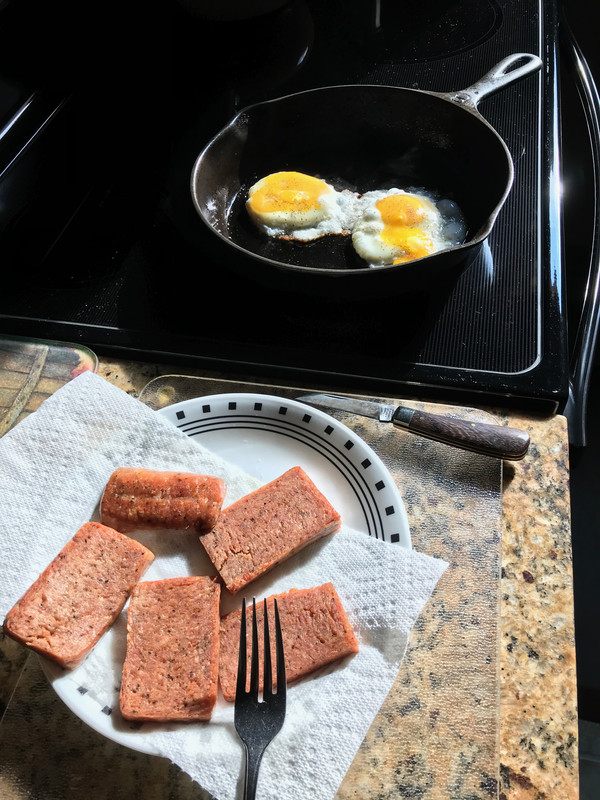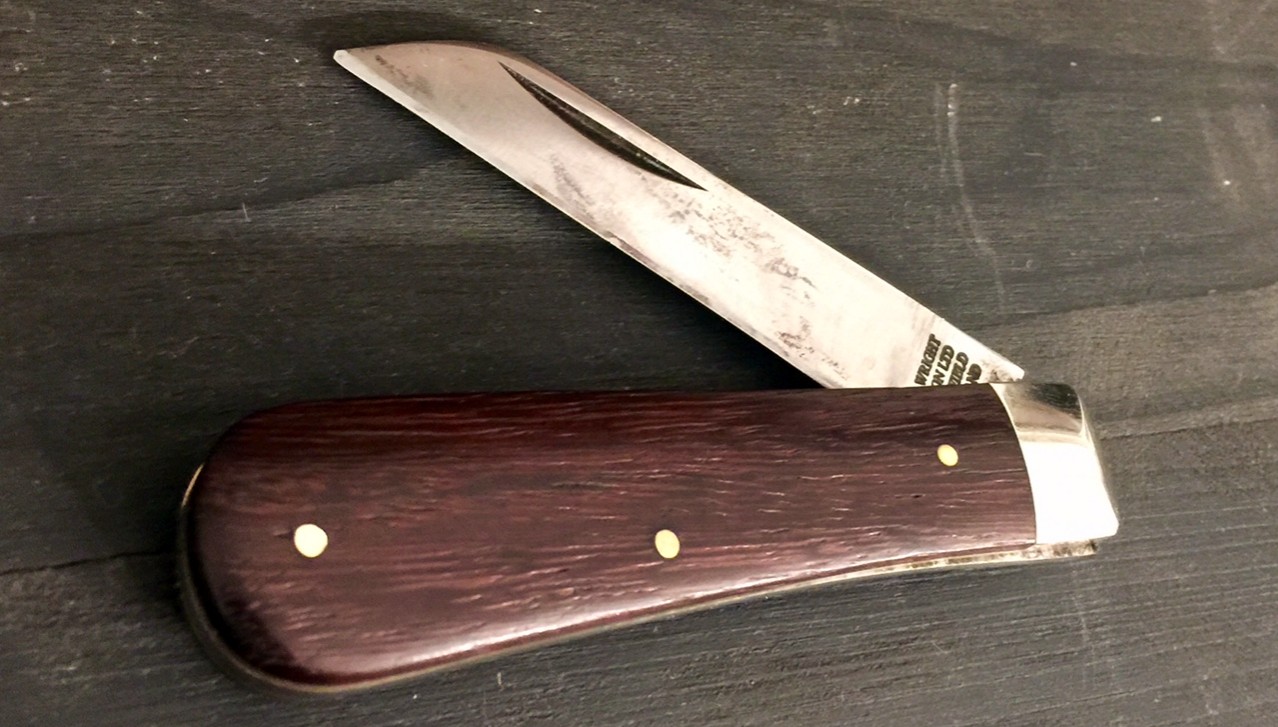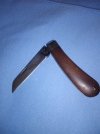Morning folks you all ok?
So a few days ago I did a post on a visit to Winchester. I did say I had a little more so I hope you enjoy this.
When the Angles, Saxons, Jutes and Frisians invaded/settled the island of what would become England in the 6th century they created seven kingdoms. Over the next three hundred years, through conquest, alliance and marriage the smaller kingdoms were absorbed to leave four kingdoms; Northumberland in the north, Mercia in the centre, Anglia in the East and Wessex in the south.
After 70 odd years of raiding in AD865 the Danes landed an army the Anglo-Saxons called 'The Great Heathen Army'. Instead of raiding this army stayed and established itself on the island during which time it cut a swathe through the Anglo-Saxon kingdoms until by about AD871 only Wessex remained.
Alfred was the youngest son of four brothers and only became king because his elders were all killed. Through waxing and waning fortunes he eventually defeated the Danes at the Battle of Eddington in AD878.
If you know your ancient lore it is this Alfred who supposedly burnt the cakes whilst sheltering in the hovel of a swineherd while on the run from the Vikings. Alfred again defeated the Danes AD892-896 and it was Alfred's grandson, Aethelstan who became the first true King Of England in AD927.
This is a very famous Victorian statue of Alfred on the high street of Winchester, (the oldest high street in the realm) the capital of the kingdom Wessex and later that of England. If you ever watch a documentary on Anglo-Saxons they always show this statue.

Alfred set up a series of
Burghs; fortified towns, that were the basis of many of our modern towns and cities. The Anglo-Saxons though didn't build castles so it wasn't until William the Conqueror's victory at the Hastings in 1066 did England see it's first.
As Winchester was the capital of England it was to Winchester that William rode after Hastings to claim the royal treasury. Winchester castle was built by 1067 and was then rebuilt and fortified over the centuries, but the only remains of that castle now is the 'Great Hall'.
The Great Hall was built by Henry III in the 13th century and is the finest and most complete example of a medieval banqueting hall remaining in the entire UK, and was still in use as a court of law until the 1960's.
If you've ever watched any British dramas or Hollywood films set in the medieval/Tudor periods you'll of actually of seen this hall as it's been used as a filming location in dozens of productions.
The great round circle hanging on the wall is 'The Round Table'. Yip, that round table, the one of Arthurian legend.
Not really.

Dendrochronolgy has proved it was built in about the 13th century, but during the late medieval and Tudor periods, it was genuinely believed to be the original round table.
It was originally plain but it was Henry VIII who in around 1520 had it painted with the names of all Arthurian knights. Henry VIII had an obsession with King Arthur and, as King Arthur was then still a genuine historical figure, commissioned many works to reinforce the belief that he was a worthy successor to the 'Once and Future King'.
It has hung continuously on both the east and west walls of the Great Hall since Henry VIII ordered it so.
The only other remains of Winchester Castle and indeed the town walls as a whole is the Westgate. Built in the 13th century. There's a museum in here but it's shut during winter.

Once every town in England had a town cross. Few remain but Winchester's is a particularly fine example.
Known as the 'Butter Cross' it dates from at least the 14th century. As an aside, the building to the left is apparently the site of King Alfred's Royal Palace.
And finally, so I can claim this post has at least something to do with lambsfoot knives this is my ironwood above the River Itchen, the river that flows through Winchester. Winchester was founded by the Roman's when they built a town next to the ford that crossed the Itchen.
If your a fisherman, you should know that people travel from far and wide to fish the chalk rivers of the south country and south west England. They are renowned for their clarity and purity and their trout (and salmon) fishing.
https://www.visit-hampshire.co.uk/explore/rivers-and-canals
So folks I hope you enjoyed my mini diversion from the doom n gloom. Winchester is a fine though remarkably small historic city that sits less than an hour to the west of London. It has more history than you can shake a stick at and some very fine (and very expensive) real ale pubs.
All the best.




































